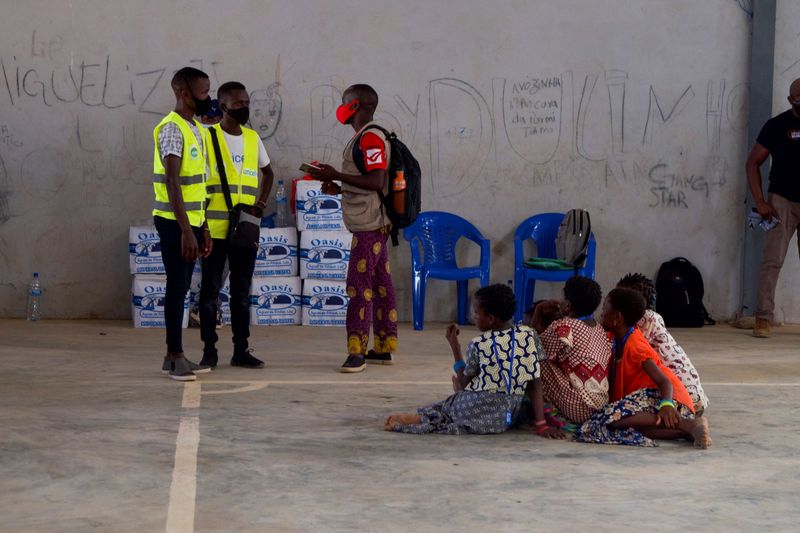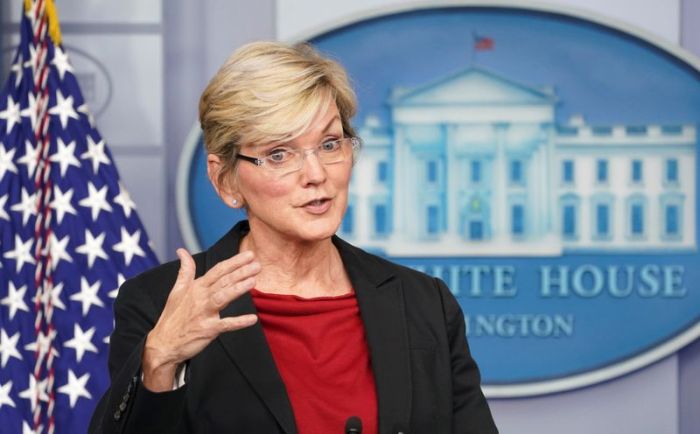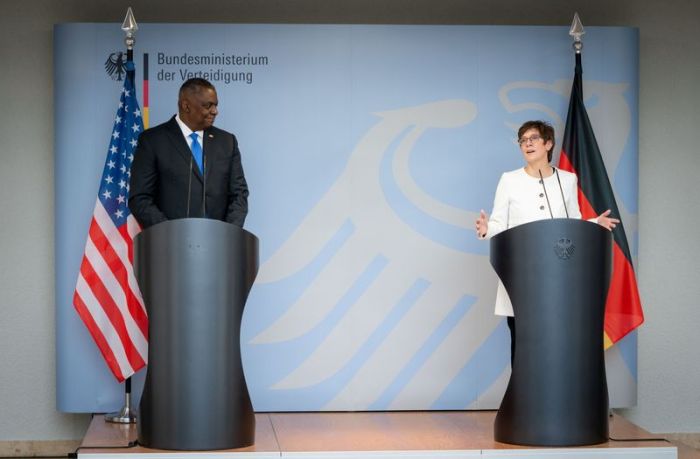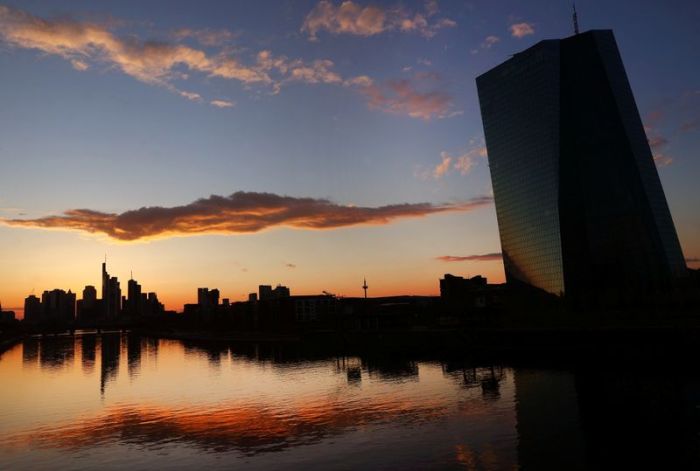GENEVA (Reuters) -Almost one million people face severe hunger in northern Mozambique, where hundreds of thousands have fled Islamist militant attacks, the United Nations food agency said on Tuesday.
Islamic State-linked insurgents last month attacked Palma, a town in Cabo Delgado province next to gas projects under development by companies including Total and Exxon.
The World Food Programme (WFP) said in a briefing in Geneva that 950,000 people are now hungry in Mozambique. It appealed to donors for $82 million to confront the crisis.
“Families and individuals have had to abandon their belongings and livelihoods and flee for safety… adding to an already desperate situation in Northern Mozambique,” WFP spokesman Tomson Phiri said.
The U.N. Children Fund’s director of emergencies, Manuel Fontaine, told the same briefing: “We are facing both a large and likely long-lasting humanitarian situation.”
The population in some towns had doubled or even tripled as displaced people arrived, he said.
About 690,000 people were already displaced across the country by February. A further 16,500 have since been registered in other areas of Cabo Delgado after fleeing the attack in Palma, the International Organization for Migration said.
Tens of thousands more are still displaced within Palma district or are on the move, the U.N. humanitarian coordination agency, OCHA, said on Monday
Many fled to a nearby village called Quitunda, built by French energy giant Total to house those displaced by its $20 billion gas project.
People there have little access to food, no protection and gather in their hundreds at Total’s site every day desperate for evacuation, a witness told Reuters. Total pulled its staff from the site due to nearby insurgent activity on April 2.
Total has also suspended operations in the provincial capital of Pemba, a source told Reuters. Total did not immediately provide a comment.
Mozambique’s Centre for Public Integrity said the government had failed to manage the crisis, relying mostly on aid agencies to provide support for those fleeing the violence. Many stayed in war zones as they had no means to reach safer areas, it said.
Mozambique’s National Institute for Disaster Risk Management and Reduction (INGD) said 30,000 people were displaced after the attack on Palma and the government was working with aid agencies to offer them support.
“Since the first hour, the government has been working closely with partners from the United Nations represented by OCHA as well as non-governmental organizations. So its not true that we are not providing assistance to the people affected by terrorism,” INGD told Reuters.
Authorities are still working to identify 12 beheaded bodies found in Palma after the attack, which both police and army officials said were believed to be foreigners.
Mozambique’s population is mostly Christian. Cabo Delgado is one of only a few provinces that have a Muslim majority.
The country remains one of Africa’s poorest and underdeveloped despite its natural resources, and the Islamist insurgency is a rapidly growing threat after a few years of relative peace following a succession of wars.
($1 = 55.5 meticais)
(Reporting by Emma Thomasson in Geneva and Emma Rumney in Johannesburg; Additional reporting by Manuel Mucari in Maputo, Catarina Demony in Lison and Geert De Clercq in Paris; Editing by Stephanie Nebehay, Joe Bavier and Angus MacSwan)























